Complexity is a killer
Without sounding dramatic, there are some systems, such as nuclear power plants, with highly complex operations. That complexity can be hard to stay on top of over decades of operation, and simple human error can lead to catastrophic consequences.
But my point here is not with things that are complex by their very nature. It is that we unnecessarily build complexity into things – and that kills commitment, alignment, motivation, enthusiasm and action and it can make it hard for customers to buy what you have to sell. Not a great outcome, I think you would agree.
We operate with this bias that complexity makes us look more intelligent and inherently makes things more valuable. I can charge more for something that others don't understand, and complexity is needed for complex problems – right?
I used to believe this. As a strategist with access to vast amounts of data, constantly forming insights and new ideas, I revelled in how much I knew – and how smart I looked when I could bamboozle people with my thinking. But it slowly dawned on me that I wasn't actually cutting through. My complexity was obstructing everything I wanted to achieve: alignment, direction and commitment to proceed.
Complexity is overwhelming. It increases our chances of making mistakes, of getting things wrong and that can be a deadly combination.
Meltdown, by Chris Clearfield & Andras Tilscik, examines how learnings from plane crashes and nuclear meltdowns can help us balance the need for complexity and simplicity. They point out that when complexity increases, our understanding of how things work and what is happening is less likely to be correct. We can quickly feel overwhelmed and confused but can't quite pinpoint why that is.
When was the last time you were overwhelmed and confused and felt good about making a decision?
I have since learned that in business, complexity lurks everywhere – even in places where it just doesn't need to exist, both internally as well as in how information is presented to customers.
Edward de Bono, the originator of the term ‘lateral thinking’, summarises this beautifully. ‘There seem to be many people making things more complex but very few people trying to make them simpler.’
The intelligent and more valuable approach is actually simplicity.
If we can get an idea down onto one page with a readable font size (I know that trick too) – then we are on the money. Strategies, plans, customer segments, value propositions and solutions all need to exist and breathe on a single page.
Practice the discipline of making your point on a page. If your message spills onto a second page, screw it up. Think Google search page 2 – no one will read it.


